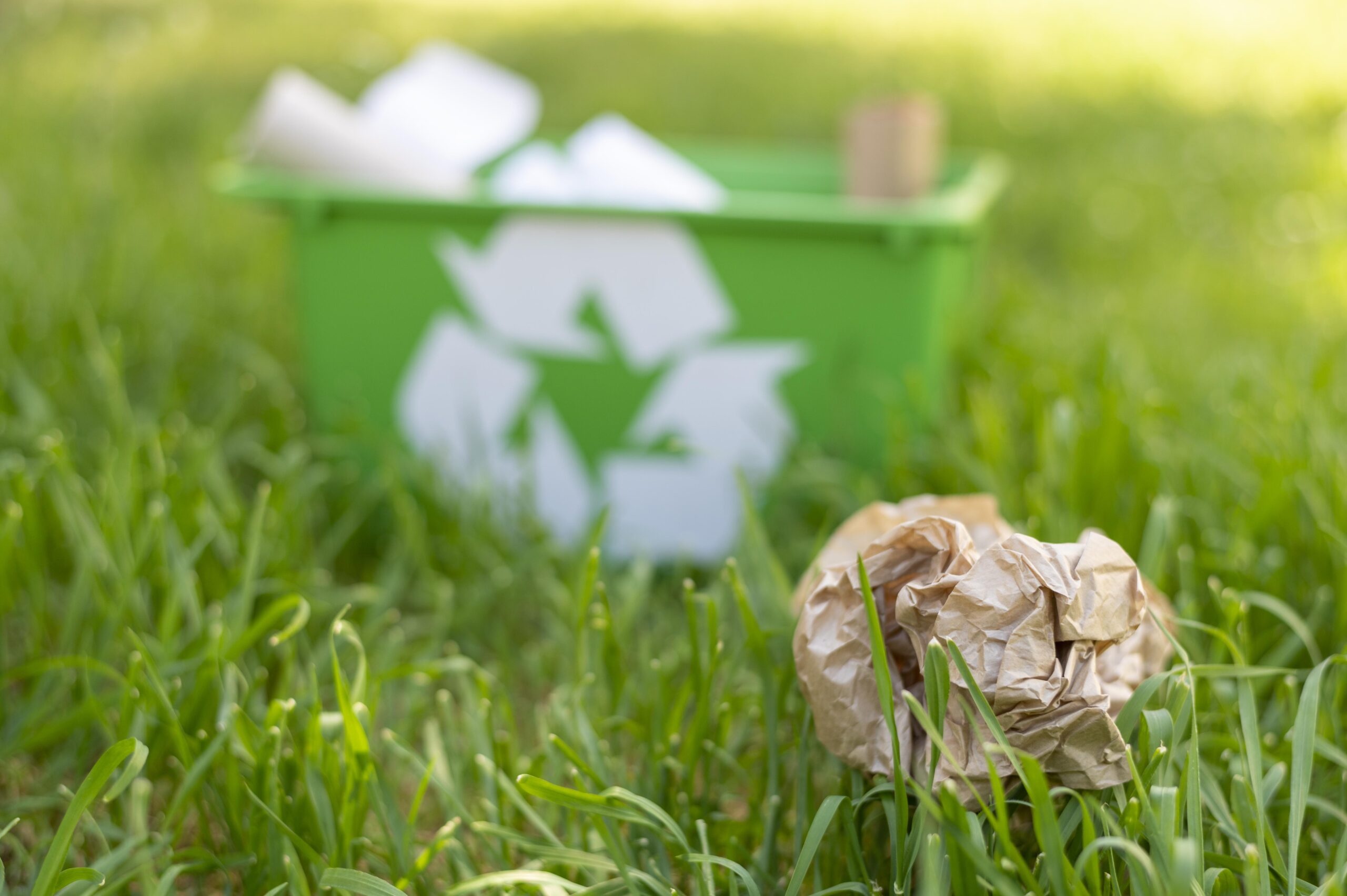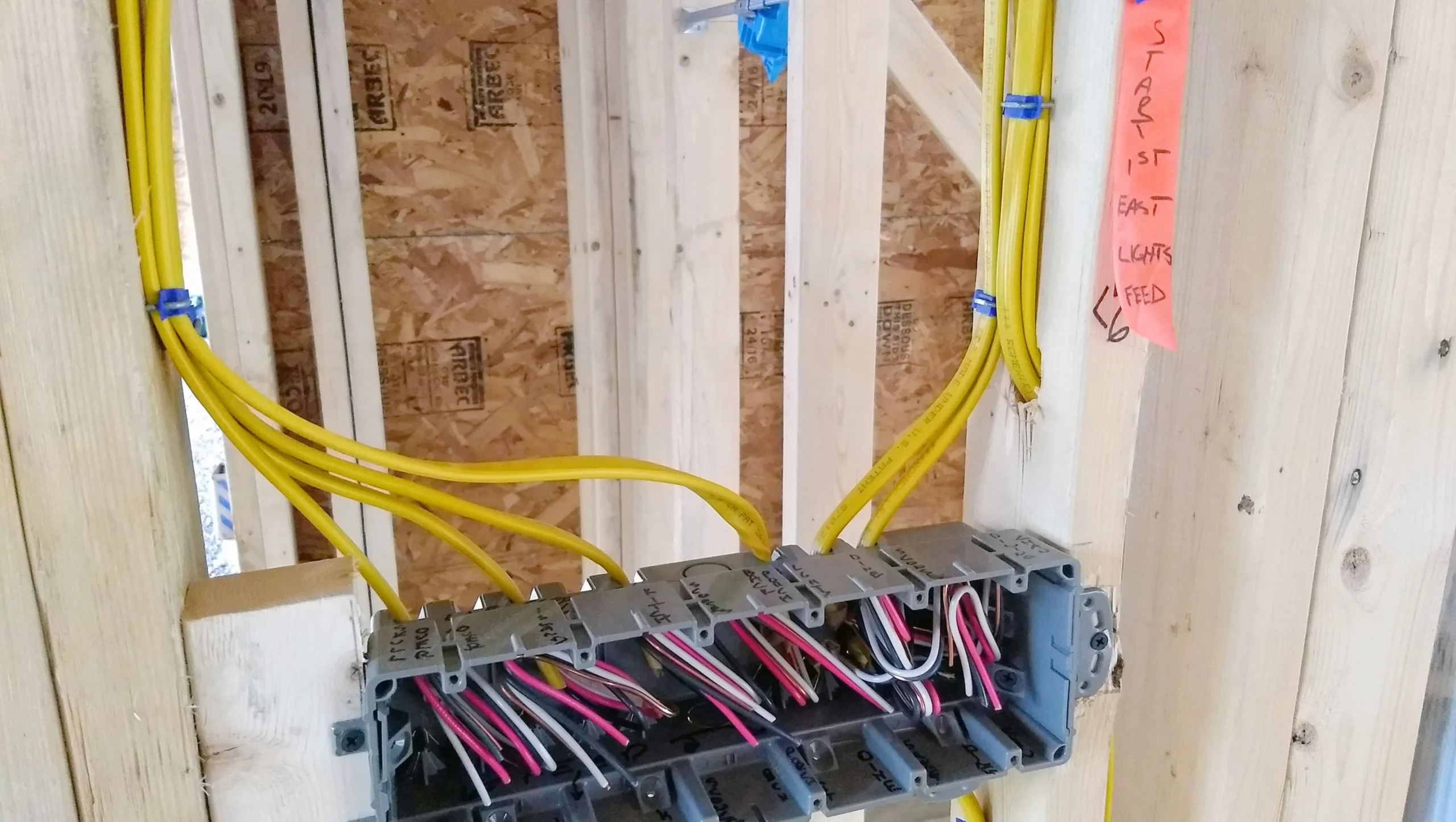Recycling centers and facilities play a crucial role in promoting sustainable waste management practices in Malaysia. These centers not only facilitate the efficient processing of recyclable materials but also contribute significantly to the country’s overall recycling rates. In this article, we will explore the importance of recycling centers and facilities in enhancing recycling rates and how they contribute to Malaysia’s sustainable waste management and recycling efforts.
The Importance of Recycling Centers and Facilities
- Centralized Processing: Recycling centers provide a centralized location for the collection and processing of recyclable materials. This centralization streamlines operations, making it easier to manage and process large volumes of waste efficiently.
- Improved Sorting and Processing: Advanced recycling facilities are equipped with technology that enhances the sorting and processing of recyclable materials. These technologies increase the purity and quality of recycled products, making them more valuable and easier to reintroduce into the production cycle.
- Waste Diversion from Landfills: By processing and recycling materials that would otherwise end up in landfills, recycling centers play a crucial role in reducing the burden on these waste disposal sites. This diversion helps extend the lifespan of landfills and reduces their environmental impact.
- Educational and Outreach Programs: Many recycling centers also serve as educational hubs, offering programs and initiatives to raise awareness about the importance of recycling and sustainable waste management. These programs can help increase public participation and support for recycling efforts.
The Role of Recycling Centers in Enhancing Recycling Rates
- Increased Accessibility: The establishment of more recycling centers across Malaysia increases accessibility for residents, making it easier for them to recycle their waste. Convenient access to recycling facilities encourages more people to participate in recycling programs.
- Community Engagement: Recycling centers often engage with local communities through outreach programs and events. These initiatives help to educate the public about the benefits of recycling and provide practical information on how to recycle effectively.
- Collaboration with Local Governments: Recycling centers frequently collaborate with local governments to develop and implement recycling programs. These partnerships can lead to more coordinated and effective waste management strategies that enhance recycling rates.
- Economic Incentives: Some recycling facilities offer economic incentives, such as payments for recyclable materials or discounts on certain services. These incentives can motivate individuals and businesses to increase their recycling efforts.

Key Recycling Facilities in Malaysia
- Material Recovery Facilities (MRFs): MRFs are specialized facilities that sort and process recyclable materials. They use advanced technology to separate different types of recyclables, such as paper, plastics, metals, and glass, ensuring that these materials can be effectively recycled.
- Electronic Waste Recycling Centers: These centers focus on the recycling of electronic waste, or e-waste, which includes items like old computers, smartphones, and televisions. Proper recycling of e-waste is crucial to prevent hazardous materials from entering the environment.
- Composting Facilities: Composting facilities process organic waste, such as food scraps and yard waste, into compost. Composting reduces the amount of organic waste sent to landfills and produces a valuable product that can be used to enrich soil.
- Plastic Recycling Plants: These plants specialize in recycling various types of plastic. Given the significant environmental impact of plastic waste, these facilities play a vital role in reducing plastic pollution and promoting the reuse of plastic materials.
Challenges and Opportunities
While recycling centers and facilities are integral to Malaysia’s sustainable waste management and recycling efforts, several challenges need to be addressed:
- Infrastructure Development: There is a need for continued investment in recycling infrastructure to ensure that facilities can handle the growing volumes of waste generated by Malaysia’s urban and industrial growth.
- Public Participation: Increasing public participation in recycling programs remains a challenge. Ongoing education and awareness campaigns are necessary to encourage more people to adopt recycling habits.
- Market Demand for Recycled Materials: The market demand for recycled materials can fluctuate, affecting the economic viability of recycling operations. Developing stable markets for recycled products is essential for the sustainability of recycling programs.
- Policy and Regulation Support: Stronger policies and regulations are needed to support recycling efforts. This includes enforcing waste separation at source, providing incentives for recycling, and penalizing non-compliance.
Conclusion
Recycling centers and facilities are at the heart of Malaysia’s sustainable waste management and recycling initiatives. By providing centralized processing, improving sorting and processing technologies, and engaging with the community, these centers significantly enhance the country’s recycling rates. Despite challenges, continued investment in infrastructure, public education, and supportive policies can further improve recycling efforts, contributing to a cleaner and more sustainable Malaysia.




